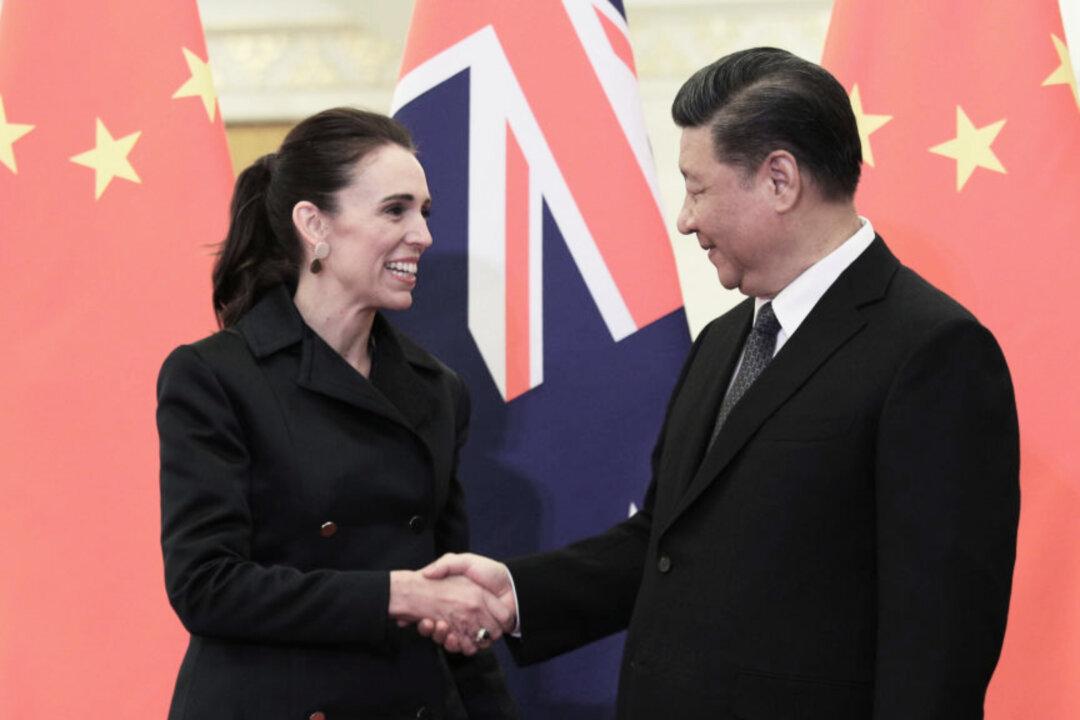One day after the final stage of New Zealand’s border reopening was completed, Prime Minister Jacinda Ardern expressed her willingness to lead a business delegation to China to strengthen in-person connections.
“As we mark 50 years of diplomatic relations, we look forward to the return of in-person ministerial visits,” Ardern told the China Business Summit in a speech on Aug. 1. “On this, a few plans are afoot. I know there have been indications our foreign ministers will exchange visits when conditions allow.”





